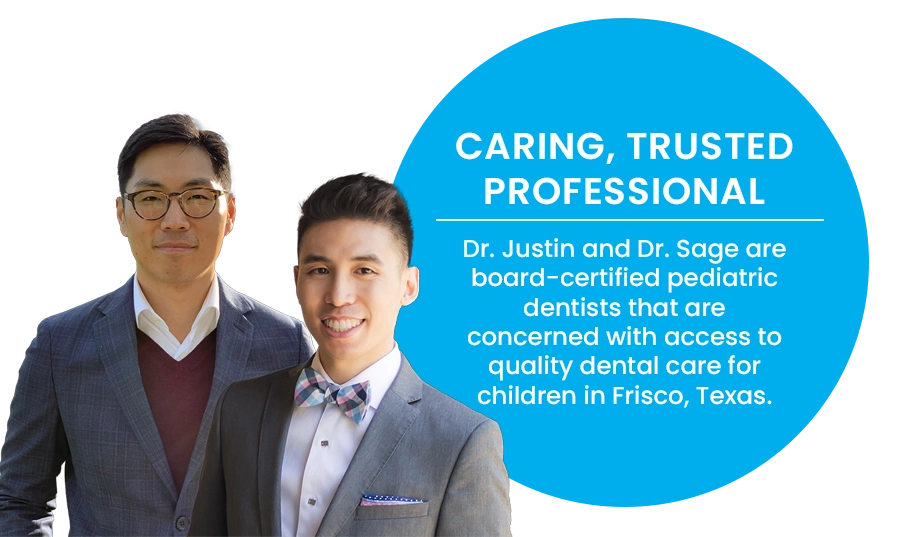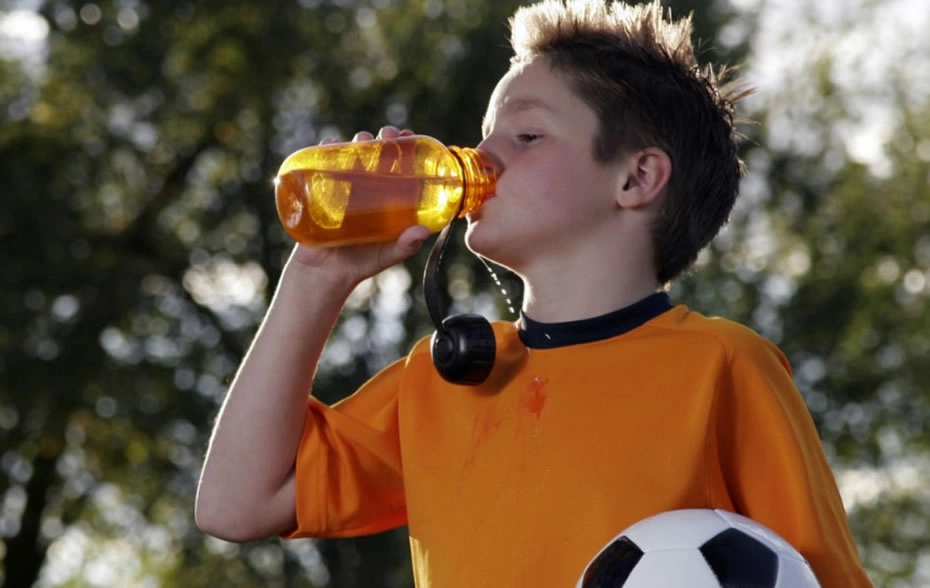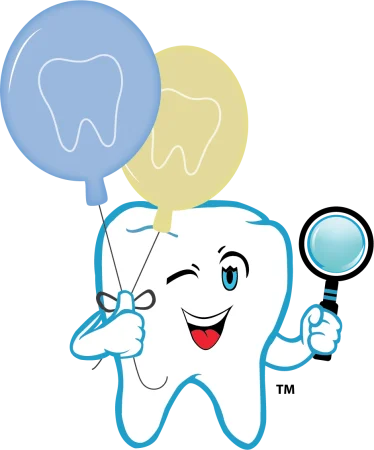Sedation Instructions for our Sheer Smiles parents
Sedation Instructions to help parents with services to infants, toddlers, teens and children with special needs. Sheer Smiles Pediatric Dentistry is located in Frisco, Texas and we proudly serve the surrounding cities of Little Elm, The Colony, Plano, Prosper, and Oak Point.
Sedation Instructions
Sedation Instructions
In contrast to general anesthesia (which renders the child unconscious), dental sedation is only intended to reduce the child’s anxiety and discomfort during dental visits. In some cases, the child may become drowsy or less active while sedated, but this will quickly desist after the procedure is completed.
When is sedation used?
Sedation is used in several circumstances. Firstly, very young children are often unable to keep still for long enough for the pediatric dentist to perform high-precision procedures safely. Sedation makes the visit less stressful for both children and adults and vastly reduces the risk of injury. Secondly, some children struggle to manage anxiety during dental appointments. Sedation helps them to relax, cope, and feel happier about treatment. Thirdly, sedation is particularly useful for children with special needs. It prevents spontaneous movement and guides cooperative behavior.
What about general anesthetic?
In contrast to general anesthesia (which renders the child unconscious), dental sedation is only intended to reduce the child’s anxiety and discomfort during dental visits. In some cases, the child may become drowsy or less active while sedated, but this will quickly desist after the procedure is completed.
When is sedation used?
Sedation is used in several circumstances. Firstly, very young children are often unable to keep still for long enough for the pediatric dentist to perform high-precision procedures safely. Sedation makes the visit less stressful for both children and adults and vastly reduces the risk of injury. Secondly, some children struggle to manage anxiety during dental appointments. Sedation helps them to relax, cope, and feel happier about treatment. Thirdly, sedation is particularly useful for children with special needs. It prevents spontaneous movement and guides cooperative behavior.
What about general anesthetic?
General anesthetic (which puts the child in a deep sleep), is rarely used in dental work unless:
A procedure cannot otherwise be performed safely. The child has a condition which limits cooperation or the ability to follow instructions. The child needs a lengthy treatment. The child needs more complex dental treatment or oral surgery.
Frisco Pediatric Dentists
Meet Dr. Sage & Dr. Justin
Both Dr. Sage and Dr. Justin are board-certified pediatric dentists, proud fathers, and enthusiastic pet dads!
While they have a lot in common, what truly unites them is their dedication to giving children positive dental experiences that will safeguard their smiles and health for decades to come.
Dr. Sage and Dr. Justin completed their pediatric specialty training at Tufts University and the Montefiore Medical Center / Albert Einstein College of Medicine respectively, meaning they bring a deep commitment to continuing education and only using the latest, proven methods and technology to serve our growing patients.

Sheer Smiles participates with most PPO insurance plans. Medicaid and CHIP accepted.















No Dental Insurance???
Our plan is designed to provide greater access to quality
dental care at an affordable price.
Finance and Insurance options for parents!
Payment Options:
For your convenience, we accept cash, personal checks, money orders, Care Credit and most major credit cards. Payment is expected at the time services are performed. Feel free to contact our office if your treatment plan requires more comprehensive dental work and you want to discuss financial arrangements.
Insurance:
Our office is committed to helping you maximize your insurance benefits. Because insurance policies vary, we can only estimate your coverage in good faith but cannot guarantee coverage due to the complexities of insurance contracts. Your estimated patient portion must be paid at the time of service. As a service to our patients, we will bill insurance companies for services and allow them 45 days to render payment. After 60 days, you are responsible for the entire balance, paid-in-full. If you have any questions our courteous staff is always available to answer them
What Our Kids Parents Think About Us!
The staff is extremely friendly, precise, and timely.
We love Sheer Smiles so much...
My two little ones love going to Sheer Smiles!
Dr. Justin and Dr. Sage will provide the best Pediatric Dentistry services for your child!


What diet and nutritional advice can be offered for building strong teeth?
Experts agree that children need food from all the major food groups to grow properly and stay healthy. Too many carbohydrates, sugars (for example, from cake, cookies, candies, milk, fruit juice, and other sugary foods and beverages), and savory foods and starches (for example, pretzels and potato chips) can cause tooth decay. How long carbohydrates remain on the teeth is the main culprit that leads to tooth decay. Read more
The effects of fruit on kids teeth
We all know that fruit is full of vitamins and an important part of kids diets. But did you know that too much fruit (whether it’s fresh fruit, fruit juices, dried fruit or canned fruit) can have a negative effect and contribute to problems such as cavities and erosion, especially if your kids are grazing on fruit all day? Read more



